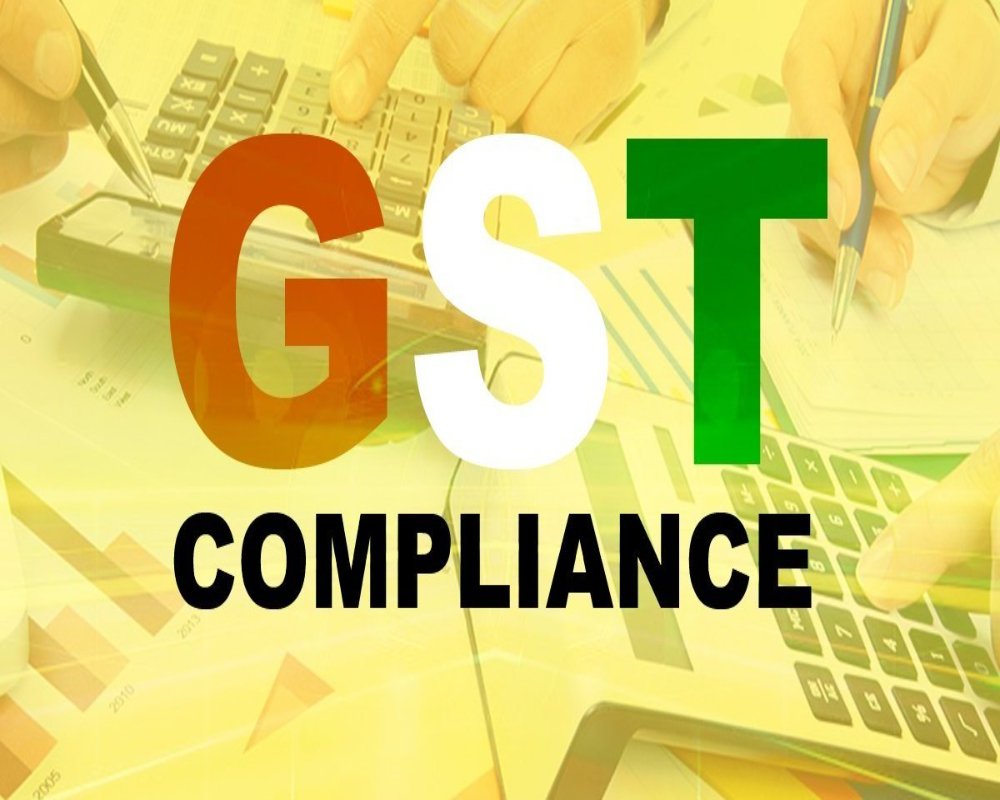Introduction
The introduction of the Goods and Services Tax (GST) has significantly transformed the tax structure for industries in many countries, notably India. Designed to unify and simplify the indirect tax regime, GST has replaced a host of central and state-level taxes with a single, comprehensive tax levied on the supply of goods and services. For industries engaged in manufacturing, processing, logistics, and related operations, GST compliance is both a regulatory necessity and a strategic imperative.
Proper adherence to GST regulations ensures smooth business operations, minimizes legal risks, and enables the optimal use of input tax credits. This article provides a detailed guide to GST compliance for industries, outlining key obligations, registration procedures, documentation, return filing, audit requirements, and compliance strategies.
1. Understanding GST Structure for Industries
a. Multi-Tier Tax System
GST is structured into three categories based on the nature of the supply:
- CGST (Central GST): Levied by the central government on intra-state supplies.
- SGST (State GST): Levied by the respective state government on intra-state supplies.
- IGST (Integrated GST): Levied by the central government on inter-state supplies and imports.
This structure ensures a seamless flow of tax credits across the supply chain.
b. Input Tax Credit (ITC)
Industries can claim credit for the GST paid on purchases of raw materials, capital goods, and input services, thereby reducing the final tax burden. However, this is subject to conditions such as timely invoice matching and return filing.
2. GST Registration Requirements
a. Mandatory Registration
Industries must register under GST if their aggregate turnover exceeds the threshold limit (which may vary by country or state). Specific cases such as inter-state supply, reverse charge mechanism applicability, and e-commerce participation also mandate registration regardless of turnover.
b. Multiple Registrations
Industrial units with operations in more than one state or union territory must obtain separate GST registrations for each location.
c. Special Economic Zones (SEZs)
Units operating within SEZs must adhere to separate registration and compliance procedures, often involving zero-rated supply provisions.
3. Invoicing and Documentation
Proper documentation is at the heart of GST compliance.
a. Tax Invoices
A valid tax invoice must include:
- GSTIN of supplier and recipient
- HSN/SAC codes
- Taxable value and applicable GST rates
- Date and invoice number
b. E-Invoicing and QR Codes
Certain industries are mandated to issue e-invoices through the government portal, along with dynamic QR codes for B2C transactions. These requirements vary based on turnover thresholds.
c. E-Way Bills
For transportation of goods exceeding a specified value, an e-Way Bill must be generated to ensure traceability and tax compliance during movement.
4. Filing of GST Returns
Timely return filing is critical for compliance and input credit eligibility.
a. Monthly and Quarterly Returns
- GSTR-1: Details of outward supplies (monthly or quarterly)
- GSTR-3B: Summary of inward and outward supplies with tax liability (monthly)
- GSTR-9/9C: Annual returns and reconciliation statements
b. Reconciliation
Industries must reconcile purchase records with GSTR-2B (auto-drafted returns) to avoid mismatches and ensure seamless ITC claims.
c. Late Fees and Penalties
Non-compliance in return filing can lead to interest, penalties, and the blocking of input tax credits, affecting working capital and credibility.
5. GST Audits and Assessments
a. Self-Audit and Reconciliation
Regular internal audits help verify compliance, identify discrepancies, and prepare for regulatory scrutiny.
b. Departmental Audit
The GST department may conduct audits for high-value or risk-prone taxpayers. Businesses must provide requested records and cooperate fully.
c. Annual Reconciliation
Industries must perform a thorough reconciliation of books of accounts with filed GST returns and rectify mismatches before filing GSTR-9C.
6. Special Considerations for Manufacturing and Processing Industries
a. Job Work
Industries that send goods for processing must comply with GST provisions related to job work, including challans, return timelines, and documentation.
b. Capital Goods and Fixed Assets
Input tax credit is available on capital goods used in production, subject to specific conditions and exclusions.
c. Reverse Charge Mechanism (RCM)
Industries procuring services like transportation, legal consultancy, or unregistered purchases must pay GST under the RCM and claim ITC accordingly.
7. Technology and Automation in GST Compliance
Leveraging technology can ease the burden of compliance and minimize errors.
- Accounting Software Integration: Ensures real-time data syncing and error-free return filing.
- GST Reconciliation Tools: Automate comparison of books with GST portal data.
- Cloud-Based Solutions: Enable multi-location compliance, especially useful for enterprises with distributed operations.
Conclusion
GST compliance is a critical element of industrial operations, influencing everything from procurement and sales to cash flow and strategic planning. By maintaining accurate records, timely filings, and diligent reconciliation, industries can not only avoid legal penalties but also ensure smooth operations and optimal use of tax credits. As tax laws continue to evolve, a proactive and technology-driven approach to GST compliance will empower industrial entities to remain competitive, compliant, and growth-focused in the dynamic business environment.
Hashtags
#GSTCompliance #GSTGuide #Taxation #BusinessCompliance #GSTForIndustries #TaxRegulations #FinancialLiteracy #SmallBusinessTips #GSTFiling #TaxPlanning #IndustryInsights #ComplianceGuide #BusinessGrowth #AccountingTips #GSTUpdates #TaxAdvice #Entrepreneurship #FinanceManagement #BusinessStrategy #TaxEducation


